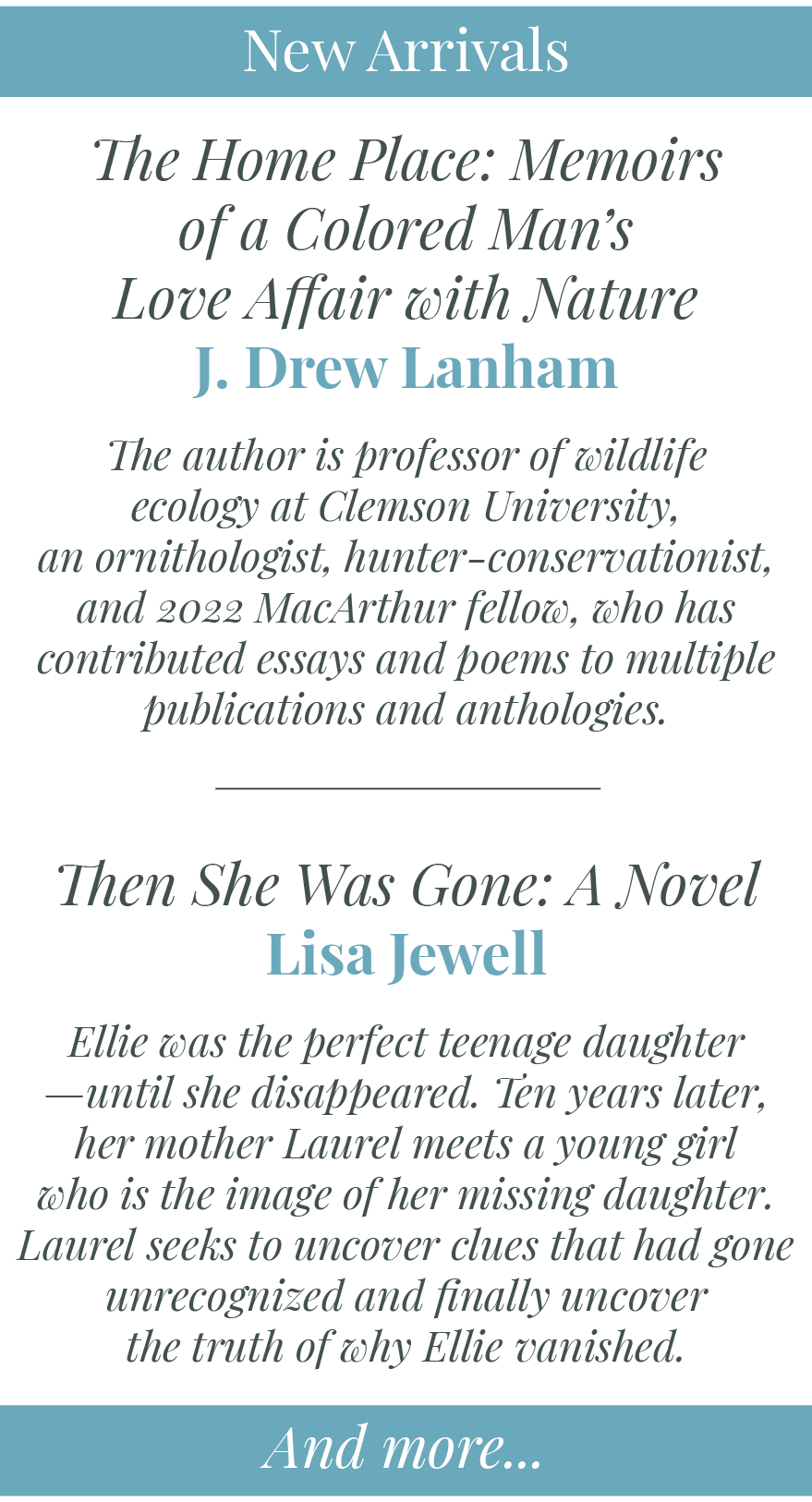“Home is a place we all must find, child. It’s not just a place where you eat or sleep. Home is knowing--The Wiz,” is the epigram that begins Lanham’s meditation on his homeplace, Edgefield County, South Carolina—a place “easy to pass by on the way to somewhere else,” which has been home to generations of white and black Lanhams from the time of slavery. To love this land where he could not find his first black ancestor’s grave in a cemetery full of white Lanhams, takes a deliberate effort to turn away from ideas of Africa as the motherland which many people of African descent have glorified to emotionally survive their ancestral trauma.
Instead, Drew Lanham tells us, “I’m a man of color—African American by politically correct convention…. In me there’s additionally an inkling of Irish, a bit of Brit, a smidgen of Scandinavian, and some American Indian, Asian, and Neanderthal tossed in, too…. There is also the red of miry clay, plowed up and planted to pass a legacy forward. There is the brown of spring floods rushing over a Savannah River shoal. There is gold of ripening tobacco drying in the heat of summer’s last breath. There are endless rows of cotton’s cloudy white. My plumage is a kaleidoscopic rainbow of an eternal hope and the deepest blue of despair and darkness. All of these hues are in me; I am, in the deepest sense colored.” This sample of his voice suggests a writer who uses language with attention to its expressive power in both its literal as well as metaphoric elements. Winner of the 2017 Southern Book Prize, Winner of the Reed Award from the Southern Environmental Law Center, and named a “Best Scholarly Book of the Decade” by The Chronicle of Higher Education, Drew Lanham’s book is definitely an inspiring read for us all. Comments are closed.
|
NewsletterCoffman residents, signup for monthly updates from the Library! Thank you!You have successfully joined our subscriber list. Posts by Year
All
Posts by Month
July 2024
|

